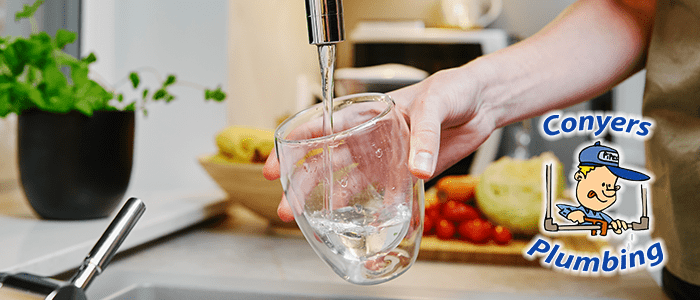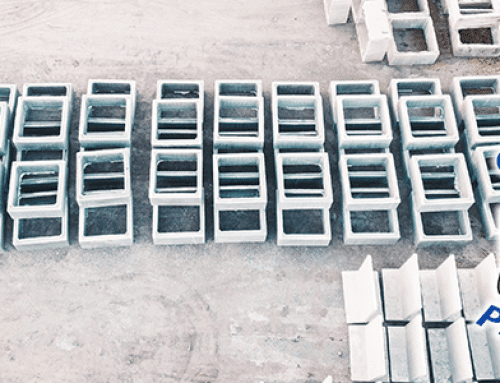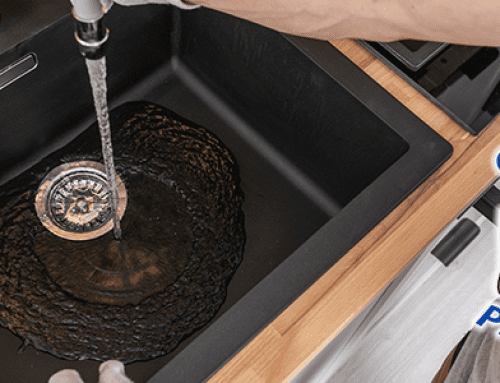A Comprehensive Guide to Choosing the Perfect Water Softener System for Your Home
Are you tired of dealing with hard water issues in your home? If yes, then it’s time to invest in a good water softener system. Choosing the right water softener for your home can be a daunting task, especially if you don’t have any prior experience with water softeners. But don’t worry, we’re here to help. In this post, we’ll take you through everything you need to know to select the perfect water softener system for your home.
Understanding Hard Water vs. Soft Water
Before we dive into the nitty-gritty of choosing the right water softener, it’s crucial to understand the difference between hard water and soft water. Hard water contains high levels of minerals like calcium and magnesium, which can cause a host of problems like clogged pipes, soap scum, and dry skin. On the other hand, soft water is free of these minerals and is gentler on your skin and surfaces.
Identifying Your Water Hardness Level
The first step in selecting the right water softener for your home is to identify your water hardness level. Testing your water hardness is a simple process that you can do yourself using a water hardness testing kit. Once you know your water hardness level, you can choose a water softener that’s capable of handling your specific needs. The capacity of a water softener is measured in grains per gallon (GPG), and the higher your water hardness level, the higher the capacity of the water softener you’ll need.
Types of Water Softeners
There are four main types of water softeners: salt-based, salt-free, dual-tank, and magnetic. Salt-based water softeners are the most common and use resin beads to remove minerals from your water. Salt-free water softeners, also known as water conditioners, use filters to remove minerals from your water. Dual-tank water softeners have two tanks that alternate between each other, ensuring continuous soft water supply even during regeneration cycles. Magnetic water softeners use magnetic fields to alter the molecular structure of water, making minerals less likely to adhere to surfaces.
Factors to Consider When Choosing a Water Softener
Apart from the water hardness level and type of water softener, there are several other factors you should consider when choosing a water softener for your home. These include the size of your household, your daily water usage, your budget, and the availability of space for installation. You should also consider the maintenance requirements of the water softener you choose and whether you’re willing and able to perform regular upkeep.
Installation and Maintenance
Installing a water softener can be a complex process that requires plumbing knowledge and experience. It’s highly recommended that you hire a professional plumber to install your water softener to ensure proper installation and prevent potential damage to your plumbing system. Regular maintenance is also essential to keep your water softener functioning optimally. This includes cleaning the brine tank, replacing the resin beads, and occasionally sanitizing the system to prevent bacterial growth.
The Benefits of Soft Water
Investing in a high-quality water softener can provide numerous benefits to your home and family. Soft water can improve the lifespan and efficiency of your appliances, prevent clogged pipes and other plumbing issues, and reduce soap scum and hard water stains on surfaces. Additionally, soft water can be gentler on your skin, reduce hair damage, and improve the overall taste of your drinking water.
Financing Options
Purchasing and installing a water softener can be a significant expense for many homeowners, but it’s a worthwhile investment in the long run. Conyers Plumbing offers financing options and payment plans that can help make water softener installation more affordable and manageable for homeowners.
In Conclusion for your Water Softener System
Choosing the right water softener for your home can be a complex process, but it’s essential to ensure a steady supply of soft water and prevent potential plumbing issues. Remember to consider your water hardness level, the type of water softener, the size of your household, your budget, and installation and maintenance requirements when selecting a water softener system. Conyers Plumbing is here to help you make an informed decision and install a high-quality water softener that meets your specific needs.




